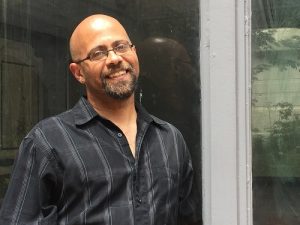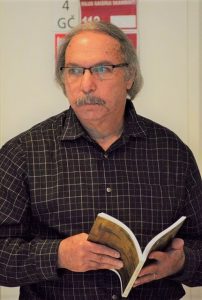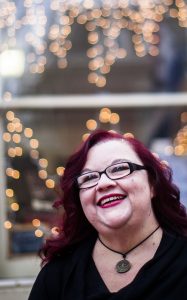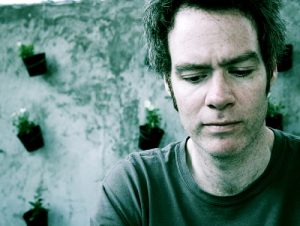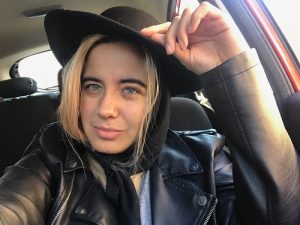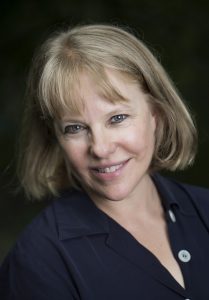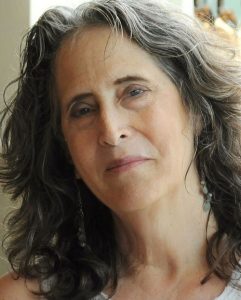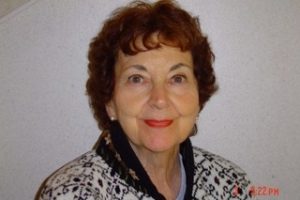Sing, Philadelphia, Sing
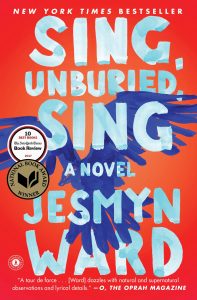
By Brittanie Sterner, Director of Programming, One Book, One Philadelphia
Hello! This gorgeous issue marks the second collaboration between Philadelphia Stories and the Free Library’s annual One Book, One Philadelphia program.
Last year, writers and artists submitted pieces exploring the theme of “music” that runs throughout the 2018 One Book featured selection, Another Brooklyn. That issue came into being as a chorus of voices in concert with one another, bound with the cover image of a painting of a saxophonist in Rittenhouse Square.
This year, with (we hope!) all of Philadelphia reading the 2019 featured One Book selection Sing, Unburied, Sing by Jesmyn Ward, PS put out a call for work that illustrates and expounds upon the theme of “journeys” found in Ward’s novel.
In Sing, Unburied, Sing, a family is taking a road-trip north from their Gulf Coast farm through Mississippi, toward the notorious state penitentiary. As they’re met with the danger and difficulty of the present, they encounter a ghost of the prison’s past, and their journey goes beyond the geography of the South to cross time and generations. In this lyrical and layered 2017 National Book Award winner, Ward also draws on the framework of classic journeys such as The Odyssey and Faulkner’s As I Lay Dying.
In the pages of this magazine are stories of all sorts of journeys. These are a few of the many threads in a larger conversation about Sing, Unburied, Sing taking place across the city and exploring other themes in the book, including mass incarceration, whole-family wellness, and the natural world.
For the past 17 years, One Book, One Philadelphia has sought to bring folks of all backgrounds together through reading and discussing a single book. From January 16 to March 13, 2019, more than 125 One Book programs will encourage dialogue citywide—including panel discussions, film screenings, arts workshops for all ages, performances, and more—starting with a live discussion featuring Sing, Unburied, Sing author Jesmyn Ward and WURD President and CEO Sara Lomax-Reese at the One Book Kickoff event on January 16 (Parkway Central Library, 7:30 p.m.). For a full calendar of events, visit freelibrary.org/onebook.
Philadelphia Stories and One Book share a cornerstone in our missions to cultivate accessibility and community for readers and writers. Endless gratitude goes to the PS editors and staff working to shine light on local talent, and to the featured writers and artists for their voices.
We hope you enjoy reading this amazing issue, as well as Sing, Unburied, Sing, both of which you can find at the Free Library’s 54 locations throughout Philadelphia.
Philadelphia Stories Winter 2019 Issue Launch and Art Opening
Wednesday, February 13
5:30 p.m. reception and art opening; 6:30 p.m. reading
Philadelphia City Institute, 1905 Locust Street
Join us to learn more about One Book, One Philadelphia and celebrate the launch of the winter 2019 issue of Philadelphia Stories, with readings and artwork exploring the theme of “journeys,” on February 23. The art exhibition will be open for viewing at select times at Philadelphia City Institute from February 4 to February 28. Please inquire at the reference desk for details.
